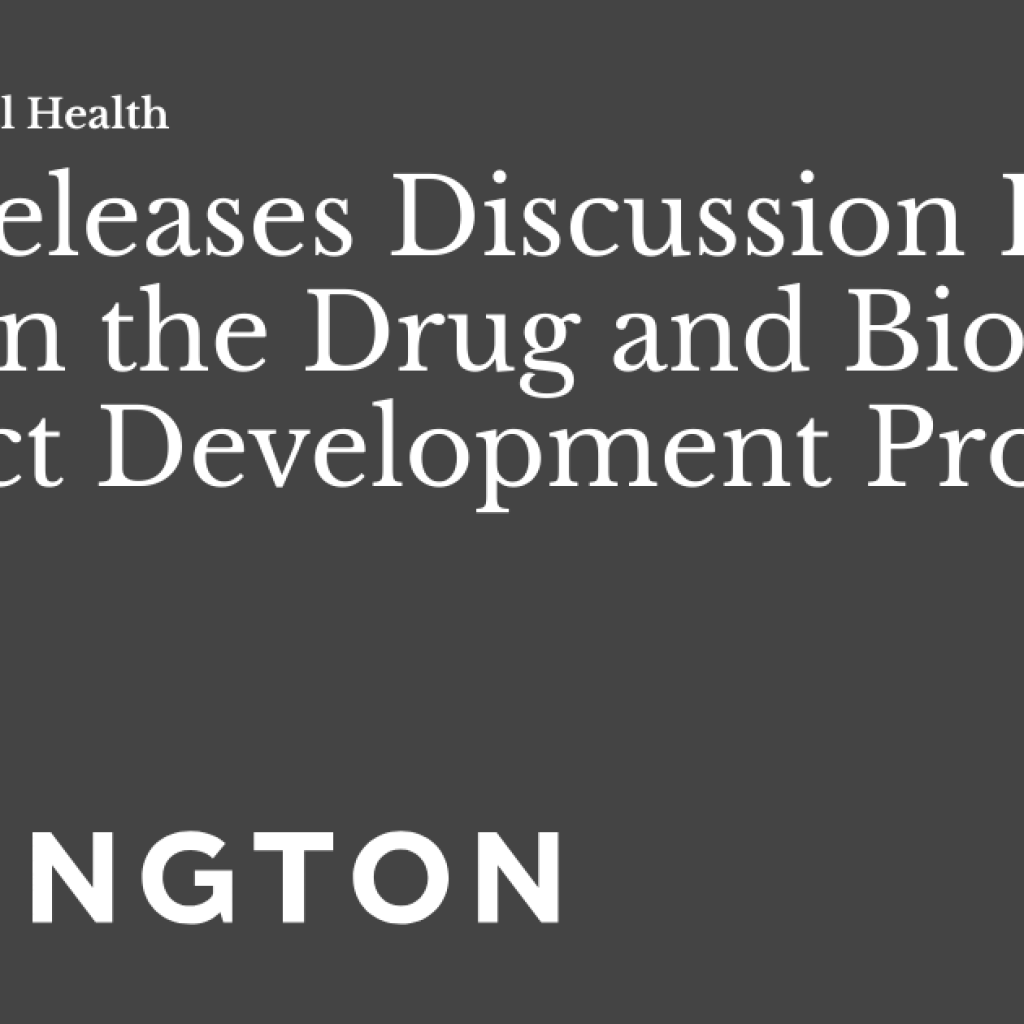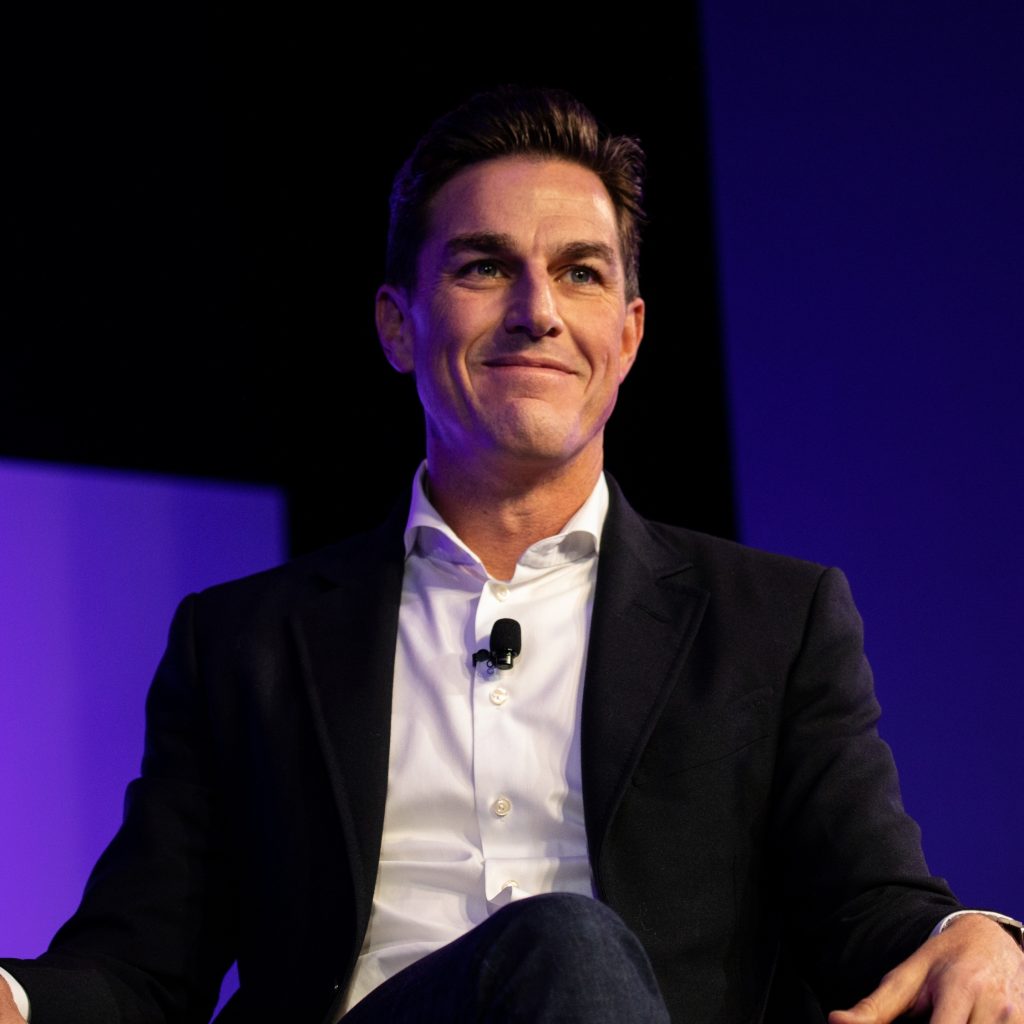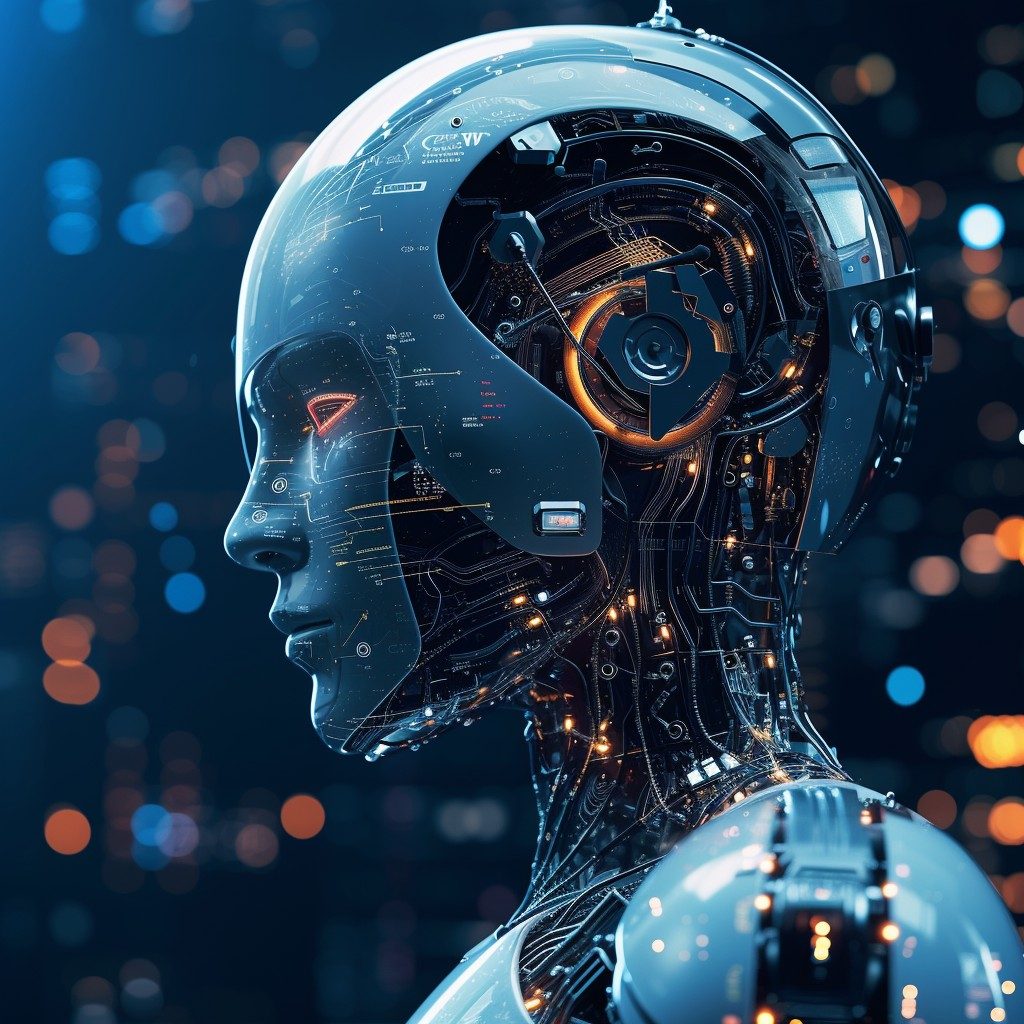During a special screening of his film “Oppenheimer,” acclaimed director Christopher Nolan expressed caution about the rapid development of artificial intelligence (AI) and its potential consequences. Drawing parallels between his movie, which explores the creation of the atomic bomb, and the rise of AI, Nolan highlighted the need for accountability in wielding this technology. The panel discussion, moderated by Chuck Todd, featured renowned physicists and experts in the field.
Nolan emphasized his concerns regarding the irresponsible use of AI algorithms and the lack of understanding surrounding their implications. He expressed worry about the possibility of AI systems controlling defensive infrastructure and even nuclear weapons. Without accountability and the responsibility of those developing and utilizing AI, Nolan warned of the potentially dire consequences.
Holding people accountable
The filmmaker stressed the importance of holding individuals responsible for their actions when it comes to AI technologies. He emphasized that advancements in technology should not absolve individuals from the consequences of their decisions. Nolan emphasized the need for accountability, urging that people should be held responsible for how they use the tools at their disposal.
Nolan’s latest film, “Oppenheimer,” tells the story of J. Robert Oppenheimer and his involvement in the development of the atomic bomb during World War II. The director believes that Oppenheimer’s story serves as a reminder of the responsibility scientists have when developing new technologies with potentially unintended consequences. He hopes that Oppenheimer’s story prompts a reevaluation of the responsibilities scientists bear in the age of AI and emerging technologies.
Julius Robert Oppenheimer was an American theoretical physicist. Oppenheimer was the director of the Los Alamos Laboratory during World War II, and is often credited as the “father of the atomic bomb”. Alan McPherson, professor of history and director of the College of Liberal Arts’ Center for the Study of Force and Diplomacy, answers some of the biggest questions about Oppenheimer. Bernd Surrow, professor of physics and senior associate dean at the College of Science and Technology, discusses atomic bombs and the way Oppenheimer and his team developed them.
AI and labor disputes in Hollywood
As the entertainment industry faces labor disputes, including strikes by SAG-AFTRA and WGA members, Nolan sees a connection between these issues and the impact of AI on labor practices. He argues that accountability is essential when innovating with technology. As AI continues to reshape industries, including entertainment, ensuring accountability becomes paramount.
Nolan revealed that when speaking to leading AI researchers, they refer to the present as their “Oppenheimer moment.” This phrase highlights the need for researchers to consider the responsibilities that come with developing new technologies. By reflecting on history, scientists can better navigate the potential unintended consequences of AI advancements.
Silicon Valley and the Oppenheimer Moment
When asked about Silicon Valley’s perception of this “Oppenheimer moment,” Nolan indicated that representatives from the tech industry claim to recognize the significance and consequences of AI development. However, he stressed the importance of continuing the conversation surrounding accountability and responsibility.
Christopher Nolan’s cautionary remarks highlight the importance of accountability as AI technology advances rapidly. Drawing parallels with his film “Oppenheimer,” the director underscores the need to hold individuals accountable for the consequences of their decisions and actions involving AI. The filmmaker’s insights encourage ongoing examination of the responsibilities and ethical considerations associated with the development and use of AI technologies.





